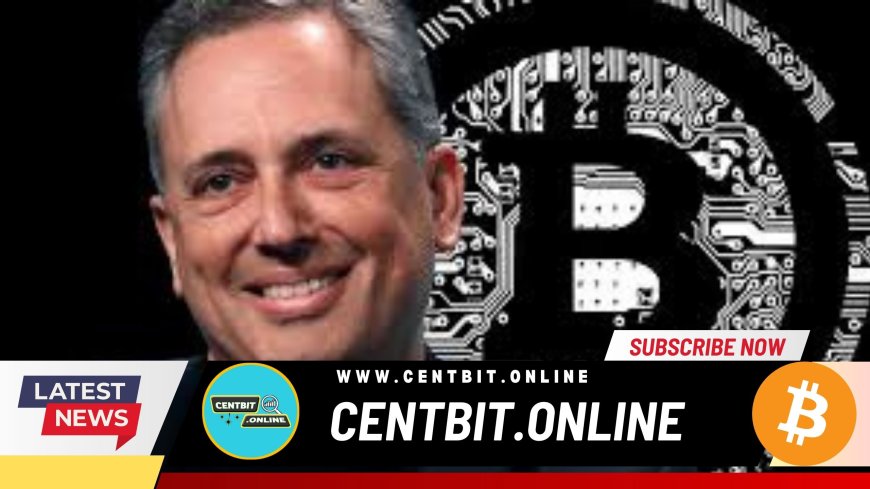President Trump’s Crypto Czar David Sacks Evaluates a Bitcoin Reserve
David Sacks, President Trump’s Crypto Czar, has announced that the administration is evaluating the establishment of a Bitcoin Reserve. This move could position Bitcoin as a strategic asset in the U.S. financial system, serving as a hedge against inflation and economic instability. While the proposal faces regulatory and market challenges, it signals a growing recognition of Bitcoin’s role in global finance.

In a groundbreaking move for the financial and cryptocurrency sectors, President Donald Trump’s newly appointed Crypto Czar, David Sacks, has announced that the administration is actively evaluating the potential establishment of a Bitcoin Reserve. This initiative could mark a significant shift in the U.S. government’s stance on Bitcoin, signaling increased institutional recognition and adoption of the leading cryptocurrency.
Bitcoin as a Strategic Reserve Asset
With the global financial landscape evolving rapidly, Bitcoin has emerged as a key asset for institutions, hedge funds, and even nation-states. Sacks’ evaluation of a Bitcoin Reserve underscores the administration’s growing interest in leveraging Bitcoin’s potential as a hedge against inflation, economic instability, and currency devaluation.
The move follows in the footsteps of nations like El Salvador, which became the first country to adopt Bitcoin as legal tender and maintain Bitcoin reserves as part of its national treasury. If the U.S. were to integrate Bitcoin into its financial strategy, it could further legitimize Bitcoin as a mainstream reserve asset.
Potential Benefits of a U.S. Bitcoin Reserve
Sacks and his team are reportedly analyzing several key benefits of establishing a Bitcoin Reserve, including:
-
Hedge Against Inflation: Bitcoin’s fixed supply of 21 million coins makes it an attractive store of value amid rising inflation and economic uncertainty.
-
Diversification of National Reserves: Adding Bitcoin to the U.S. reserve portfolio could provide a modern alternative to traditional assets like gold and government bonds.
-
Strengthening U.S. Financial Leadership: As global adoption of digital assets accelerates, the U.S. could position itself as a leader in financial innovation by integrating Bitcoin into its reserve strategy.
Challenges and Considerations
Despite the potential advantages, the proposal faces challenges, including regulatory scrutiny, market volatility, and the implications of integrating a decentralized asset into a nation’s financial infrastructure. Critics argue that Bitcoin’s price fluctuations may pose risks to national financial stability, while supporters emphasize its long-term potential as “digital gold.”
Political and Market Reactions
The announcement has sparked widespread discussions within the cryptocurrency community and financial markets. Bitcoin advocates view it as a historic step toward mainstream adoption, while skeptics remain cautious about its feasibility. The market has responded with optimism, with analysts predicting that such a move could drive further institutional investment in Bitcoin.
Conclusion
David Sacks’ evaluation of a Bitcoin Reserve signals a pivotal moment for cryptocurrency adoption at the highest levels of government. While the decision remains under review, the potential for Bitcoin to become part of the U.S. national reserve could reshape global financial markets and reinforce Bitcoin’s role as a long-term asset.
For expert insights on Bitcoin, blockchain, and cryptocurrency trends, visit CentBit.Online - Crypto & Blockchain Expert Bangladesh.
What's Your Reaction?





















